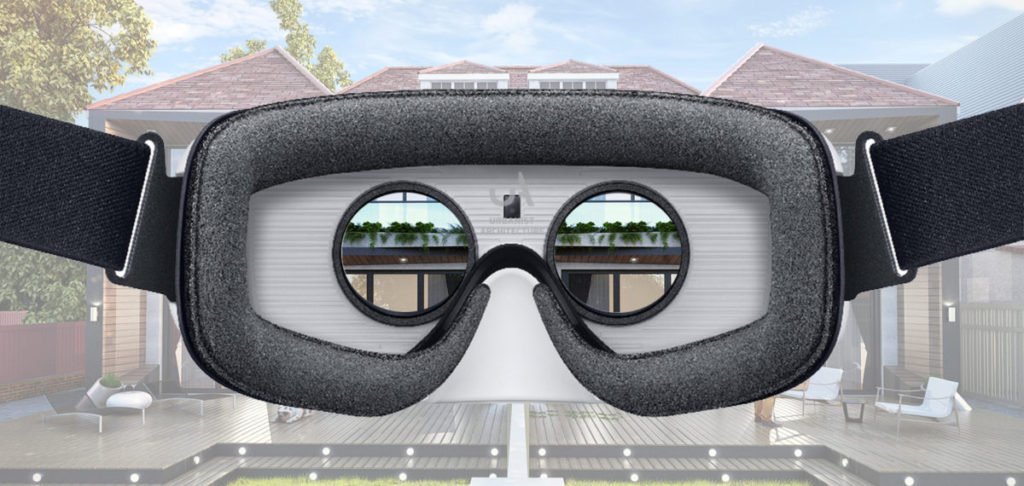The Promise and Challenges of Virtual Reality Therapy in Addiction Treatment

Introduction
As technology advances, so too do the methods for treating complex health issues like addiction. Virtual Reality (VR) therapy is emerging as a promising tool in the field of addiction treatment, offering new ways to enhance traditional therapies with immersive, realistic experiences designed to teach coping mechanisms, trigger management, and stress reduction. This article explores the potential benefits and the inherent challenges of integrating VR therapy into addiction treatment programs.
Understanding Virtual Reality Therapy
What is Virtual Reality Therapy?
Virtual Reality Therapy involves the use of virtual reality technology to create simulated environments in which patients can safely confront triggers, practice coping strategies, and enhance their overall treatment experience. This technology allows therapists to control the setting and intensity of scenarios tailored to each patient’s specific needs.
The Role in Addiction Treatment
VR therapy can simulate real-life situations that are difficult to recreate in traditional therapeutic settings. For individuals recovering from substance use disorders, VR can be used to practice skills in a controlled environment where they can learn to manage cravings and avoid relapse without real-world consequences.
Benefits of VR Therapy in Addiction Treatment
Enhanced Engagement and Motivation
VR therapy provides a novel and engaging way to participate in treatment. The immersive nature of VR can be more captivating for patients than traditional therapy alone, potentially increasing their motivation and adherence to treatment protocols.
Safe Exposure to Triggers
One of the most significant advantages of VR therapy is the ability to expose patients to triggers in a safe and controlled setting. This exposure therapy helps patients learn to cope with cravings and triggers without actual risk, providing a powerful tool for relapse prevention.
Immediate Feedback and Adaptation
VR environments can offer immediate feedback based on the patient’s reactions and choices. This instant response allows therapists to tailor interventions more effectively and helps patients understand the consequences of their actions in a controlled setting.
Challenges of Implementing VR Therapy
High Costs and Accessibility
One of the primary challenges facing VR therapy is its cost. The technology requires significant investment in equipment and software development, which can be prohibitive for many treatment centers. Additionally, the need for specialized training to operate VR systems can add to the cost and complexity of implementing this technology.
Technological Limitations
While VR technology has advanced significantly, there are still limitations in terms of the realism and user-friendliness of the systems. Poorly designed VR experiences can lead to user discomfort or disengagement, potentially undermining the therapy’s effectiveness.
Lack of Comprehensive Research
Although initial studies have shown promising results, there is still a need for more comprehensive research to fully understand the effectiveness of VR therapy in addiction treatment. More extensive studies are required to establish standardized protocols and long-term outcomes associated with VR interventions.
Best Practices for VR Therapy in Addiction Treatment
Integrating VR with Traditional Therapies
For VR therapy to be most effective, it should be integrated into a broader therapeutic framework that includes traditional approaches such as Cognitive Behavioral Therapy (CBT) and medication-assisted treatment. VR should complement, not replace, existing evidence-based treatments.
Training and Support for Clinicians
Clinicians must receive adequate training to effectively incorporate VR into treatment. This includes understanding how to select appropriate scenarios for different stages of recovery, manage the technology, and interpret patients’ responses.
Patient-Centered Approaches
VR therapy should be tailored to the specific needs and recovery stages of each patient. Personalizing VR scenarios to address individual triggers and challenges can help maximize the therapy’s relevance and impact.
Conclusion
Virtual Reality Therapy offers exciting possibilities for enhancing addiction treatment by providing immersive, engaging, and effective ways to teach coping strategies and manage triggers. However, successful integration of VR into addiction therapy requires overcoming significant challenges, including high costs, technological limitations, and the need for more comprehensive research. By addressing these challenges and focusing on patient-centered approaches, VR therapy has the potential to become a valuable component of comprehensive addiction treatment programs.




